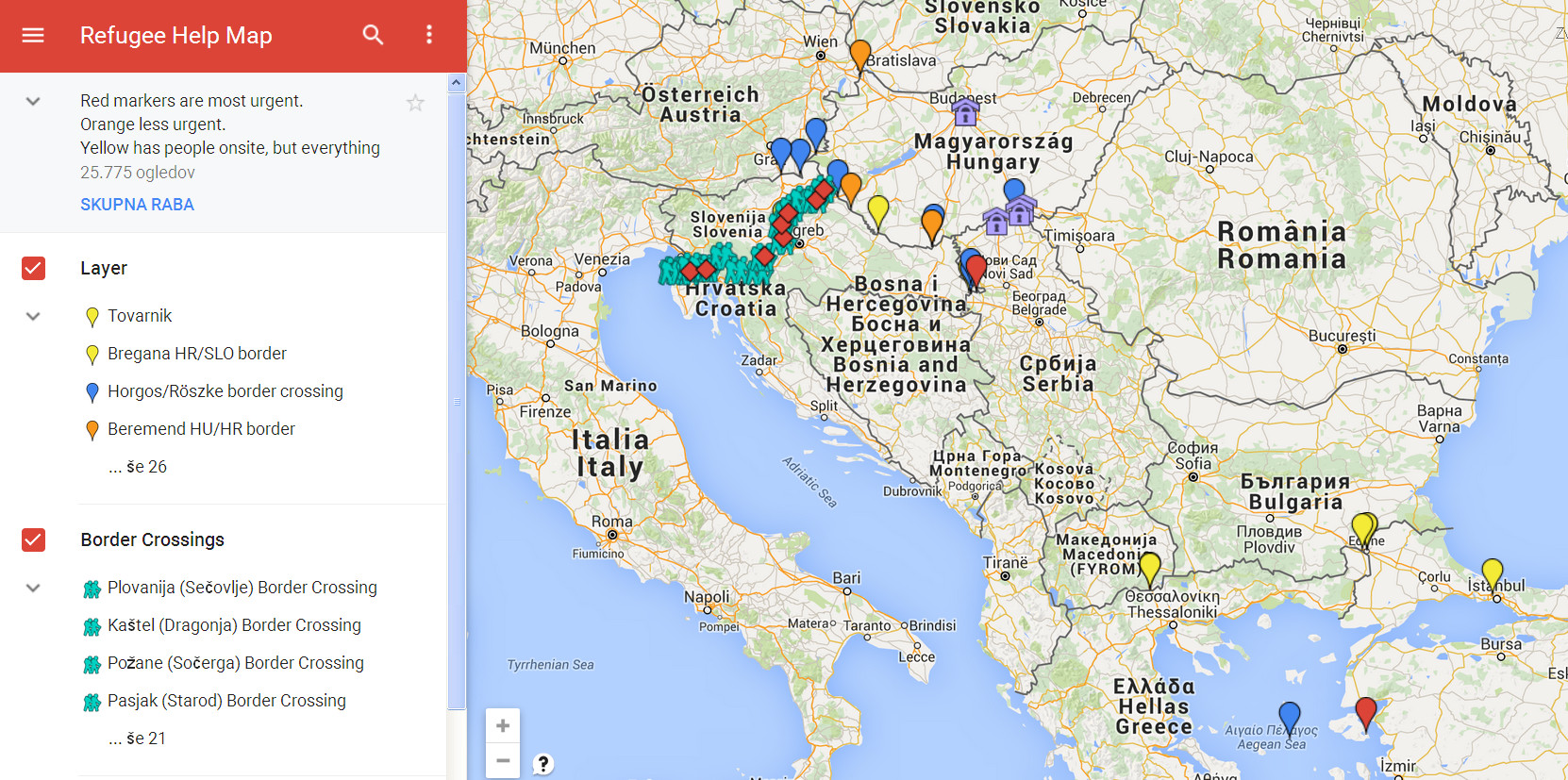The Chinese Academy of Sciences unveiled a homegrown operating system called COS (for China Operating System) this week, which it called a crucial national security initiative in light of revelations about pervasive online surveillance by the US National Security Agency. But China’s 618 million internet users aren’t buying it.
Software developer Shanghai Liantong Network Communications Technology said the OS will be used on smartphones, set-top boxes, and PCs, and is “intended to break the foreign monopoly in the field of infrastructure software” (link in Chinese). The Linux-based software can supposedly run over 100,000 apps.
COS’s creators were unsparing in their criticism of the mostly US-developed software that now dominates the market. At an event launching the product, the head of the software division of the Chinese academy “criticized iOS for being a closed ecosystem, while Android has the infamous fragmentation problem, and both Windows plus Android are let down by poor security,” Engadget reported.
Chinese internet users, who have watched previous government-developed software come and go, were mostly unimpressed. They took to social media in huge numbers to to deliver some resounding critiques in over 170,000 posts on COS.
“What does COS stand for? COPY OTHER SYSTEM?… But it really does look like a fusion of the Apple, Android, Symbian, and Blackberry operating system,” wrote one Sina Weibo user.
“Google’s market is called Google play, while COS’s market is called cos-play,” another wrote, referring to the practice of dressing up as sci-fi and other fictional characters, which, he noted, is “comparatively more western than Google play.”
If the system is really as good as it’s advertised, perhaps the government should start using it first, others said: “This is good. I strongly recommend that all party members, cadres, and leaders throw away their iPhones and have them replayed by our superb homemade operating system – the COS system!” a Sina Weibo user said.
Jennifer Chiu contributed reporting.





